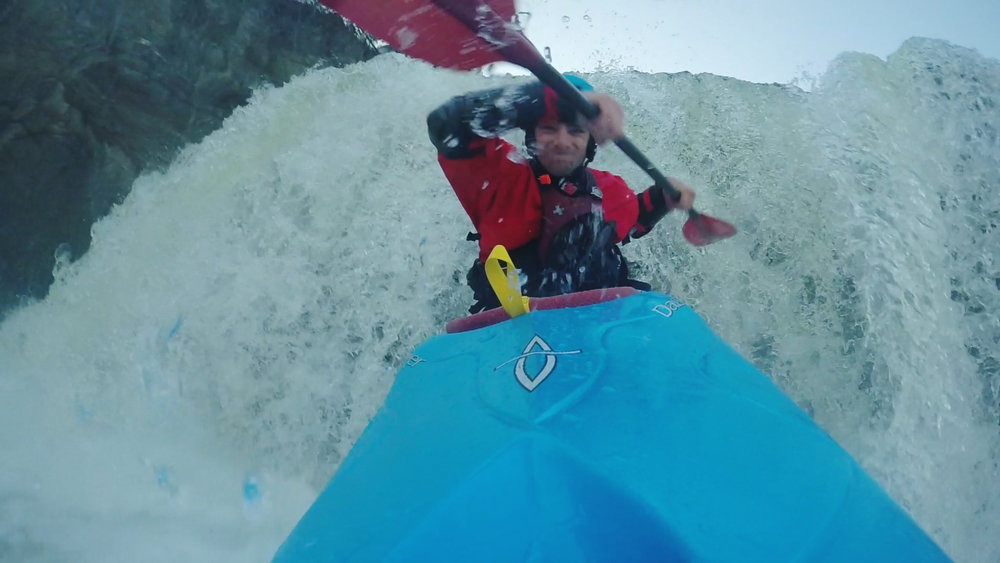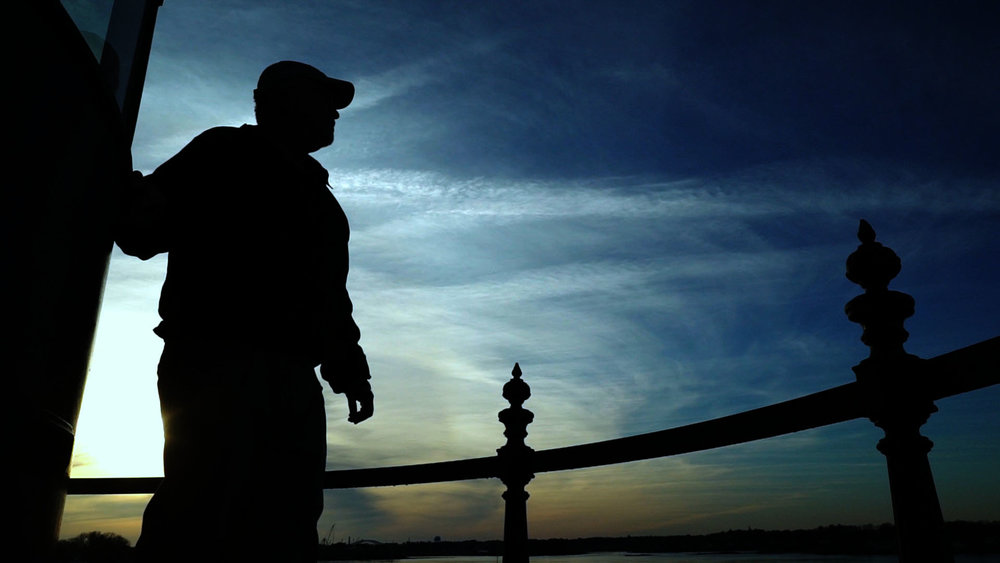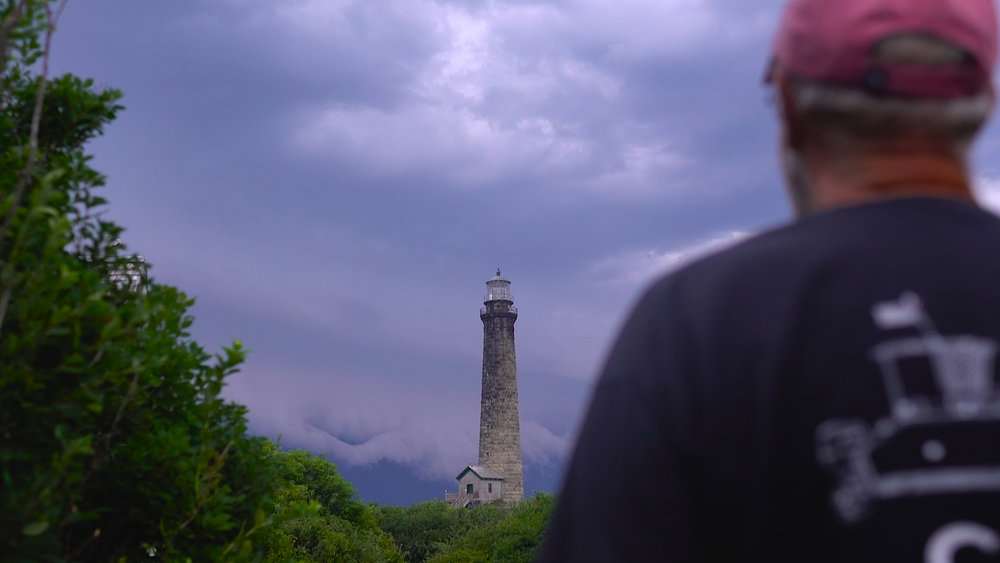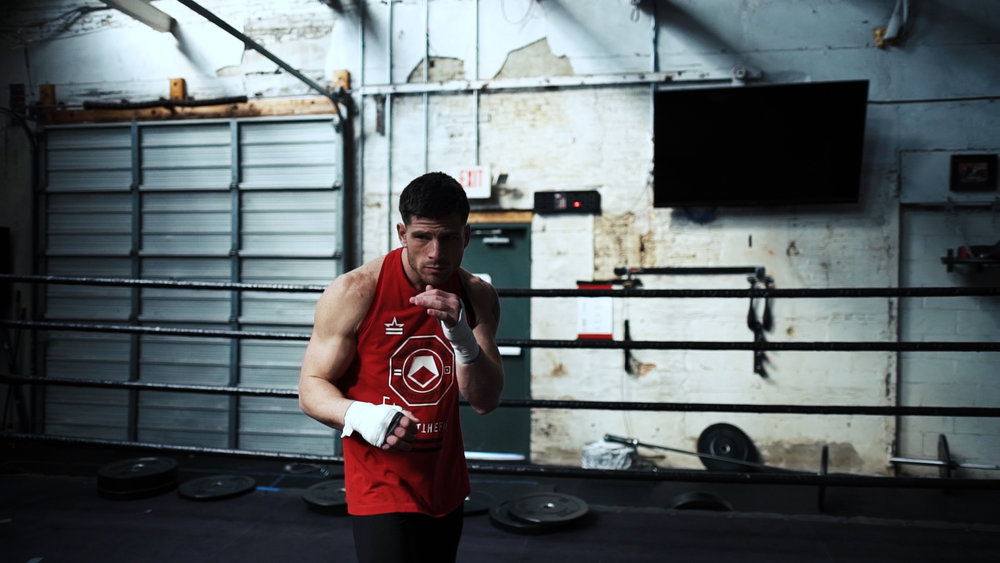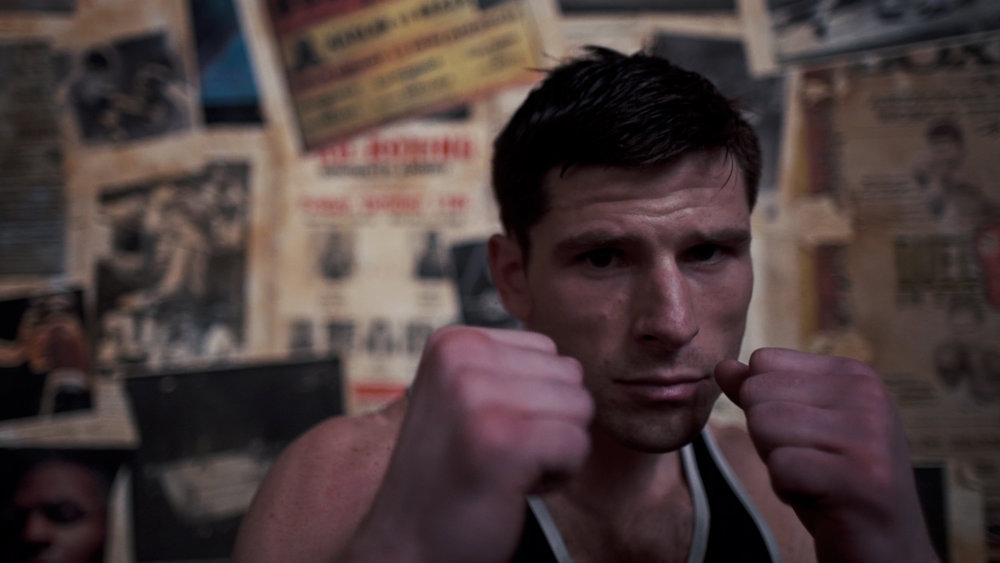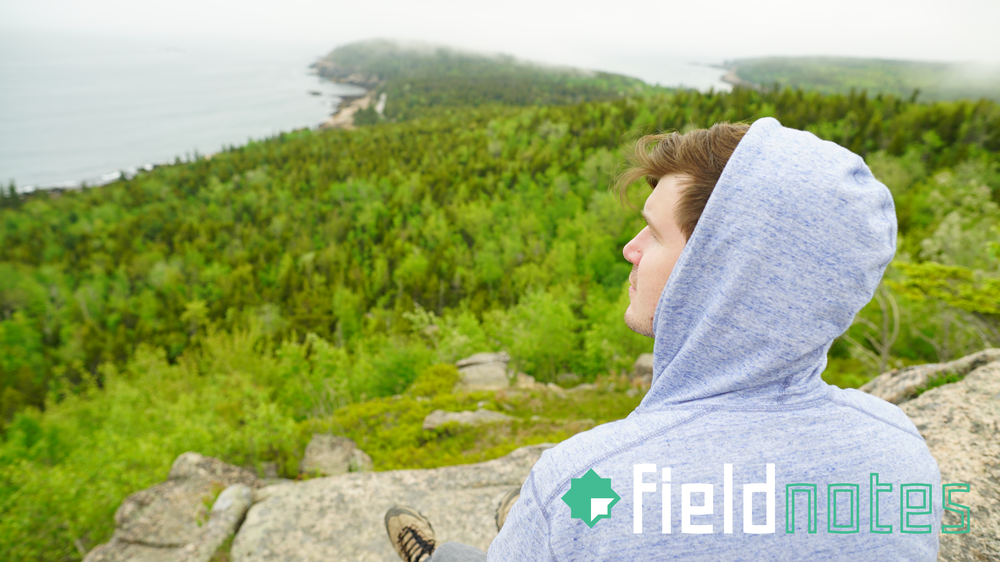

Always stay curious.
For documentary filmmaker, Robert Apse, it’s all about curiosity. Curiosity, adventure and the need to explore provided the inspiration behind his recently launched website, wandergroove, which Apse calls a “visual journal” and production company focused around stories told about the state of New England and its nearby people and adventures. Apse fell in love with the beauty and accessibility that New England offered during a recent trip, and has since created a handful of short, inspirational documentary-style videos detailing the lives and journeys of its inhabitants.
We chatted with Apse about how he got into filmmaking, the importance of curiosity and his latest short film, The Bazooka, about a professional boxer turned Marine. Enjoy.
Tell us your story. How did you get into filmmaking?
Robert Apse: When I was about eight or nine, I came across all of my grandfather’s home movies that dated back to the 60s, when my mom was a kid. Every time we would visit his house in Maine, I’d want to watch them. When he realized I was interested in film, he gave me his VHS camcorder (it literally took giant VHS tapes). I think I spent more time trying to fix it than actually filming with it, but I guess that’s how it all started. Those home movies are probably why I gravitate toward documentary filmmaking. And when he gave me that camcorder, that was our little passing of the torch moment.
What makes a good story?
RA: A good story is one you can’t design, even in fiction. I think you have to take bits and pieces of your own life to formulate something great. I try not to do too much research on a subject before I film them — it’s better to experience it first hand and let them tell you their story. And in that way, documentary filmmaking can become like a treasure hunt. But a great story — you can feel in your bones. It can hit you deep and it’ll scare the shit out of you.
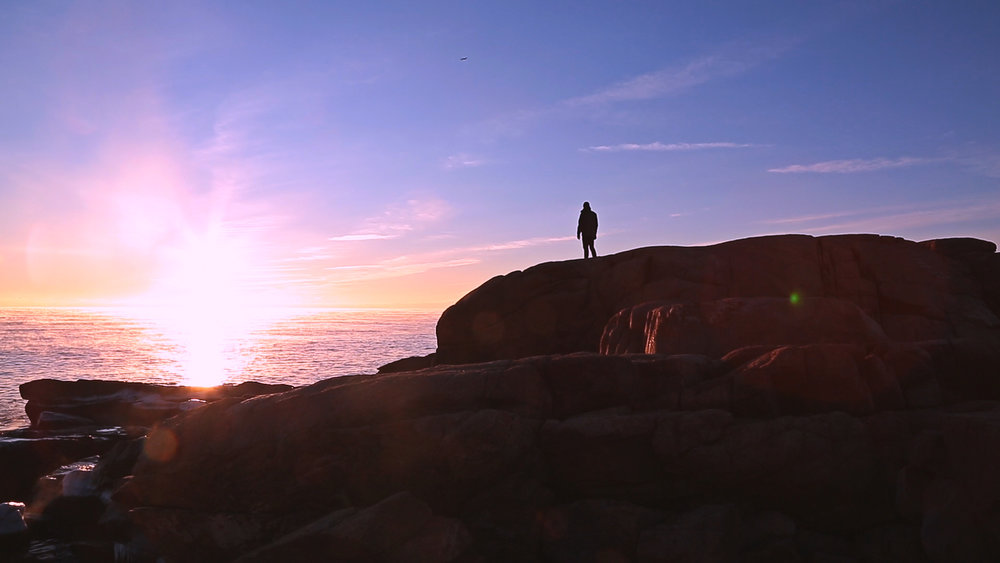
What does the relationship between film and music look like to you?
RA: That’s a tough question. Not sure you can describe what that relationship looks like. I’d say it’s elusive, like a unicorn or bigfoot. Something majestic, so probably more like a unicorn. Music is really the soul of a film. It evokes or elevates the emotion you want your viewer to feel. I don’t think you can ever really say what it looks like, but you definitely know it’s there when it’s a good one.
What inspired you to start wandergroove?
RA: I’m not sure if wandergroove ever really had a true beginning like any other idea. I sort of just fell upon it. My fiancé and I love to take mini road trips, and New England has such a gorgeous and diverse landscape and culture. You can go from the beach, to a major city, to a waterfall in the middle of nowhere in a short drive. And the more I traveled around the area, the more I realized there was a unique story around every corner. I also grew up in a working class family — my parents are very self made people that carved their own path. That’s really the culture of New England. Hardworking, blue collar individuals. And the more people I met like that, the more stories I wanted to tell. Boston in particular gets such a bad rap for being unfriendly — but strangers can become family here. Everyone has welcomed me into their lives, their homes and shared their own personal journey. I can’t thank them enough for helping me get this started.
What does “You Were Born Curious” mean to you? Where did this come from?
RA: As wandergroove began to develop into something, I wanted to create an anthem film for this journey to help launch the idea. The first words that I wrote on paper were “You were born curious,” and that became the platform. From there, the anthem was written to inspire people to do what they were meant to do or be whoever they wanted to be. It can seem as if the world has no more frontiers, that there’s nothing left to explore. But if you think the world is still flat, you’ll come across some amazing things. You don’t have to go scale the world’s tallest mountain or live in the woods for a year — instead you can literally walk out your backdoor and find an adventure. Hopefully people are inspired by that and find truth in that line. And if so, stay curious.
Let’s hear more about The Bazooka. What drew you to this particular story? Why was it an important story for you to tell?
RA: I love Boston sports, but I barely knew anything about the boxing world that existed in the area. A friend of mine, who trained at Peter Welch’s Gym, recommended Mark “The Bazooka” De Luca as a subject when I was looking to do a story on boxing. So one day I walked over to the fighter’s gym and started talking with Mark. If you ask anyone about Mark, it’s all positive. Professional, humble, hardworking. He’s the definition of work ethic. And above all, he’s a marine who served in Afghanistan. For me, any time you’re given the opportunity to tell a story about someone who served your country, you do it. I can’t say I know everything about Mark, but I know he never would’ve personally asked for his story to be told. He probably did it more for me than for himself.
How do you know when you’ve found the perfect song for your film?
RA: I don’t have a musical bone in my body. I’ve tried to learn, but I don’t have it in me. So for me, the perfect song is based on feel. You know right away when you find the perfect song. It’s never a “Maybe” or an “I think so…” It’s just a straight, “Yeah, that’s the right track.” And when you play it back for the first time, you realize your story is complete.
Use your recent film, The Bazooka, as an example. What drew you to the final tracks?
RA: I love music throughout a film. I can’t stand silence sometimes — it makes me cringe. There’s such a variety of music that Marmoset has to offer, no matter what emotion you want your viewer to feel. For The Bazooka, I ended up using two instrumental tracks: “Glimpse” by Bell Plaines and “Steps” by Sunne, since the story is two parts; the journey that led Mark to becoming a fighter, and the journey he is about to go on as a full-time professional fighter. The first journey really needed to sound like a dark fairy tale, because that’s what boxing is — it can be poetic and artistic, but on the other side, it’s dark and medieval. As for the back half, the music needed to convey this uphill battle Mark is on right now. He took time out of his career to serve his country, and now he’s trying to catch up the time he lost. His story isn’t even close to being over, though — it’s really just beginning. So those two tracks were the perfect elixir to tell this story.
What’s coming up next for you and wandergroove?
RA: I think what’s great about wandergroove is that I don’t really know what’s ahead, but I know what I want to do. It’s really at an infant stage. There are more stories I haven’t released yet and there are more stories I plan to film. I just want the journey to continue. To grow beyond New England and into new regions. To hear new stories and hear from people who watch these films. I want people to strike up a conversation. And not just people, but brands. Brands who believe in the same ideas and values, who are curious, who will hop on board and be a part of this and collaborate. It’s hard sometimes for me to admit I need help, but I do. I’m basically rolling change to pay for these films. But when brands like Marmoset step in and help create films you believe in, you start to build this incredible community. I’m also on the search for a VW Bus that I can convert into a traveling film/editing suite. I’ve been restricted to staying in locations where I have family, but with a van, I can only imagine the places I’d be able to travel. I really dream of parking on the side of the road in Acadia National Park, looking out at Otter Cliffs at sunrise with a cup of coffee and my camera. I’ll make it happen. One way or another.


